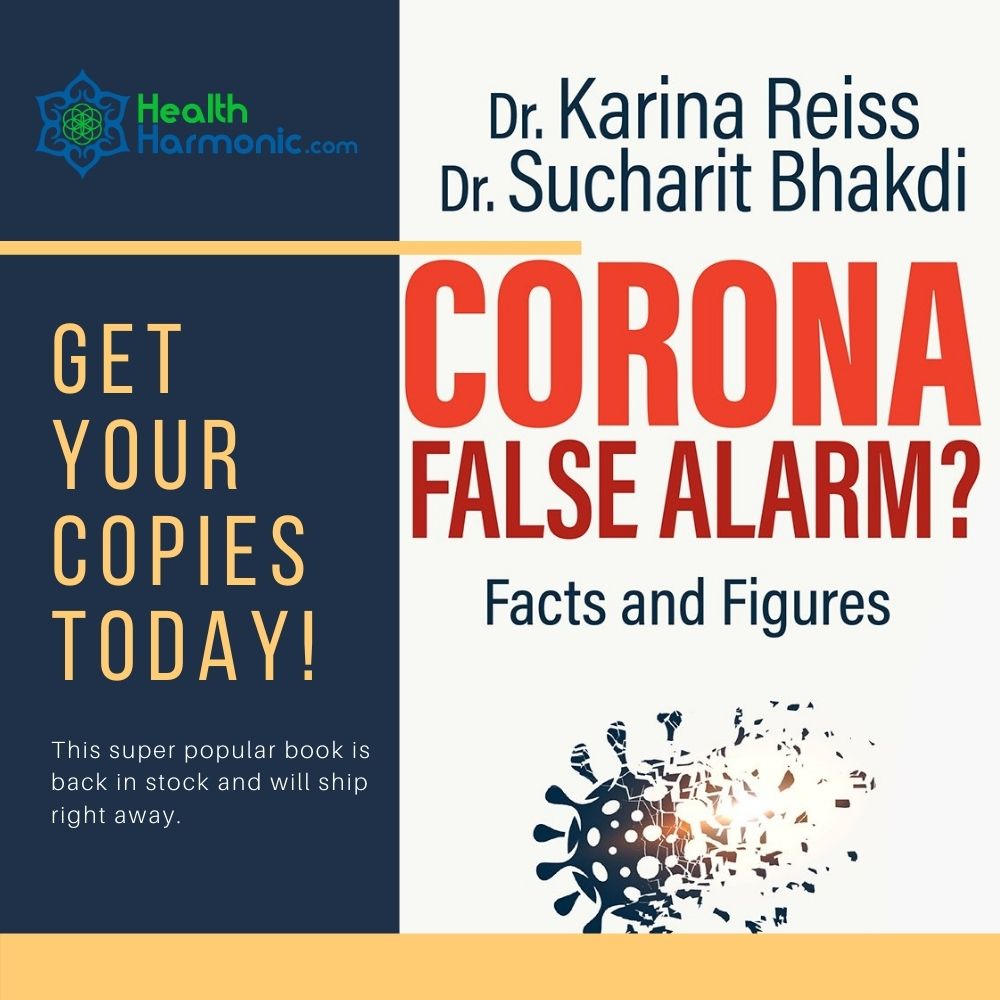
Google's newest depression diagnosis tool may be a plot to mass diagnose the public with depression to sell more drugs and increase Big Pharma profits. Sounds absurd but that's exactly what lobbyists are accusing Google and pharmaceutical companies of.

In a report by the Daily Mail, an online assessment test "screens" users' answers to determine the severity of depression as well as response to treatment.
Simon Gilbody, a professor of psychological medicine at the University of York, claimed the quiz was designed to provide inaccurate results, tricking users into thinking that they are suffering from depression. Gilbody warns that the online quiz will only lead to an overprescription of anti-depressants.
(Natural News) Experts warned that Google’s depression screening tool will lead to over-diagnosis, over-prescribing, and misuse of data, as reported by The Daily Mail.
A Google search for the query “Am I depressed?” on mobile phones or computers will suggest a link to the self-assessment quiz called the patient health questionnaire (PHQ-9), which is used by doctors to assess the severity of depression and response to treatment.
The Internet giant developed the screening tool together with the National Alliance on Mental Illness (Nami) and released it in August. It was developed to offer help to those who may be suffering from mental health problems.
One of the goals of the test is to shorten the gap of the average six years it takes for a person to be diagnosed with depression.
However, Simon Gilbody, a professor of psychological medicine at the University of York, claimed that the quiz could just lead to over-treatment of depression in the middle of the United States’s opioid epidemic. He warned that the tool’s development was funded by major drug company Pfizer, which profits from the sale of antidepressants. He also warned that the test has a likelihood of giving inaccurate results.
Gilbody claimed in the British Medical Journal (BMJ) that many of the answers the test would identify as warning signs were actually “transient psychological distress, which will remit without treatment” and that the test could misidentify other disorders or mental health issues as depression.
Even in most health systems, let alone online, depression screening is generally inadequate and not recommended in the United Kingdom, according to Gilbody.
Gilbody claimed that screening programs will likely add to the upward trend in antidepressant prescriptions.
Image courtesy of: WWW.FOTOMOMENTS.RU






